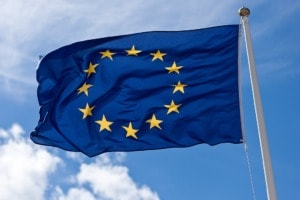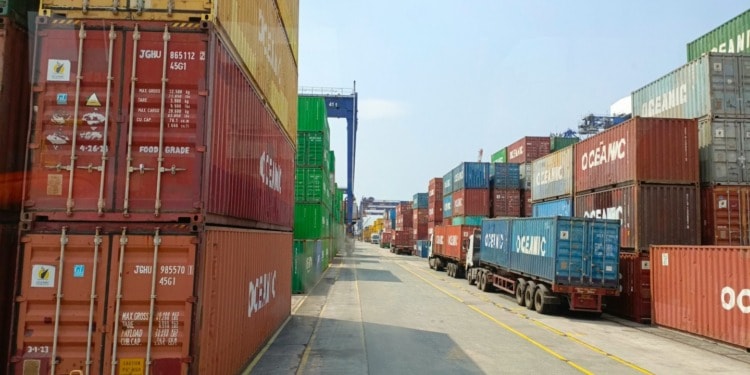Today’s ESG Updates
- US Tariffs & Fentanyl: Trump confirms 25% tariffs on Mexico & Canada, plus a 10% hike on China, citing fentanyl concerns.
- Standard Chartered’s Net Zero Plan: Targets net zero by 2050 with $300B in sustainable finance.
- Brighton Students Help Cut CO₂: University of Brighton students assist SMEs in reducing emissions using real-world data, enhancing sustainability and job prospects.
- EU Green Finance Shift: The European Commission scales back green investment rules, making them voluntary after internal opposition.
Trump pledges March 4 tariffs on Mexico and Canada, with an additional 10% on China over fentanyl concerns
US President Donald Trump confirmed that 25% tariffs on Mexican and Canadian goods will take effect on March 4, citing the continued flow of fentanyl into the US. Additionally, a 10% tariff on Chinese goods will be imposed the same day, increasing the existing duty. Meanwhile, Mexico and Canada are negotiating to prevent tariffs, and China has urged the US to resolve trade disputes through dialogue. Businesses looking to benefit from future economic policies can make use of ESG tools.
***
Further reading: Trump vows March 4 tariffs for Mexico, Canada, extra 10% for China over fentanyl
Standard Chartered sets 2050 Net Zero goal with $300 billion sustainable finance plan

Standard Chartered remains committed to net zero, targeting operations by 2025 and financing by 2050. As the only GSIB with external confirmation of its net-zero goals, the bank has mobilized $121 billion in sustainable finance since 2021, aiming for $300 billion by 2030. With a science-based approach, a 29% emissions reduction target for oil and gas, and robust governance, the bank continues to lead in sustainable finance, staying the course amid industry shifts.
Photo Credit: Wikimedia Commons
***
Further reading: Standard Chartered Sets 2050 Net Zero Goal with $300 Billion Sustainable Finance Plan
Brighton students support local businesses in reducing CO₂ through new course module

The University of Brighton equips business students with sustainability and consulting skills through real-world projects. Final-year students help local SMEs reduce carbon emissions using actual data and the Clean Growth Platform’s carbon calculator. This hands-on experience enhances employability in the growing green job market. Dr. Vincent Kane highlights its value in bridging education with industry needs. Since 2014, the platform has supported 1,000+ businesses, created green jobs, and raised £2 million for R&D.
Photo Credit: Jason Goodman
***
Further Reading: Brighton Students Help Local Businesses Cut CO₂ in New Module
The EU has approved the omnibus proposal while reducing the scope of sustainability reporting requirements

The European Commission’s new proposal cuts 80% of companies from the Corporate Sustainability Reporting Directive (CSRD) and delays reporting timelines. It raises thresholds, requiring compliance only from firms with over 1,000 employees. The plan simplifies sustainability reporting, reduces administrative burdens, and eliminates civil liability in the Corporate Sustainability Due Diligence Directive. While aimed at easing business compliance, critics warn it weakens EU sustainability goals and limits ESG data for investors. The proposal awaits approval from the European Parliament and Council. Businesses can look to save and improve their energy expenses with the use of ESG tools.
Photo Credit: Wikimedia Commons
***
Further reading: EU adopts omnibus proposal, trims sustainability reporting requirements
Editor’s Note: The opinions expressed here by the authors are their own, not those of impakter.com — Cover Photo Credit: PortCalls Asia







